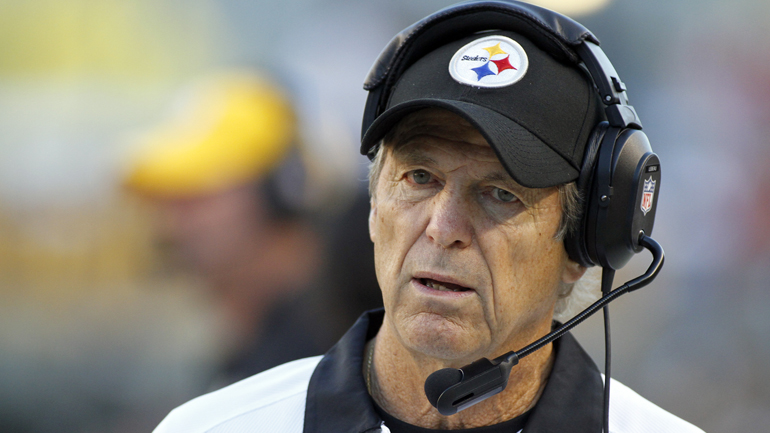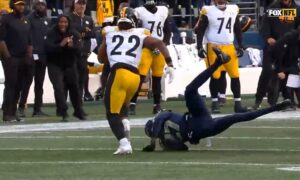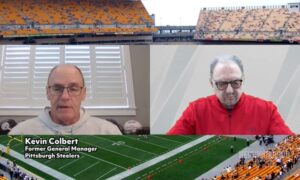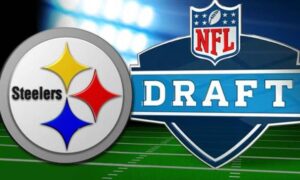Over the course of the past couple of years, the Pittsburgh Steelers have undergone an uncommon amount of change, which could have been largely correlated with the fact that the team had finished 8-8 in consecutive seasons while failing to advance to the postseason.
In deference to general manager Kevin Colbert, the attitude used to approach the offseason in those years was that this was an 8-8 team and these were 8-8 players. It’s little surprise that a lot of things changed during those years.
But the Steelers are now coming off a season in which they finished with a record of 11-5, going 8-2 down the stretch and winning their last four games to claim their first AFC North title since the 2010 season. correspondingly, we’ve seen a great deal less change.
In contrast to that, however, there was one big change in particular that grabs the headline beyond all other offseason activity, even if it was far from a shock—at least in hindsight. Earlier this offseason, the Steelers and longtime defensive coordinator Dick LeBeau mutually agreed to part ways.
This move was made in no small part to make way for Keith Butler, who had spent more than a decade serving under LeBeau as the team’s linebackers coach. It had been a not so hidden secret for several years that he was to be the heir apparent to the position, and his contract was up.
After such a long and distinguished tenure as the Steelers’ defensive coordinator throughout better than a decade, which included a number of top-ranked defenses, three appearances in the Super Bowl—largely on the backs of the defensive side of the ball—and two Super Bowl victories, to say that it was a significant shift would be an understatement.
LeBeau had become more than a coach to his players, who often referred to him as Coach Dad. He had an annual tradition of reading to his players around Christmas time. He inspired them to be better both on and off the field in ways that few coaches could.
But there was certainly a reason, beyond age, that the front office and the coaching staff mutually felt it was time to move on. Perhaps he was too loyal to his veteran players, making it difficult for the up and comers to come on up. Perhaps he was too committed to his base defense in an era in which four wide receivers are more common than three tight ends.
Perhaps, by and large, he was somewhat of a scapegoat for what was the byproduct of the end of a defensive generation combined with some questionable drafting, which created a perfect storm to make way for the new regime.
I think that perhaps we may not have taken the proper time to pay homage to the legacy that LeBeau leaves behind in Pittsburgh—not to mention the coaching tree that has proliferated around the league.
It’s not that he’s gone by any means—indeed, he is now serving in an even higher capacity in Tennessee—but, in our hurry to taste the fruit of the team’s labors in trying to repair a broken defense, we have lacked an appropriate sense of reflection upon what LeBeau has done for the Steelers franchise over the course of the previous decade.








